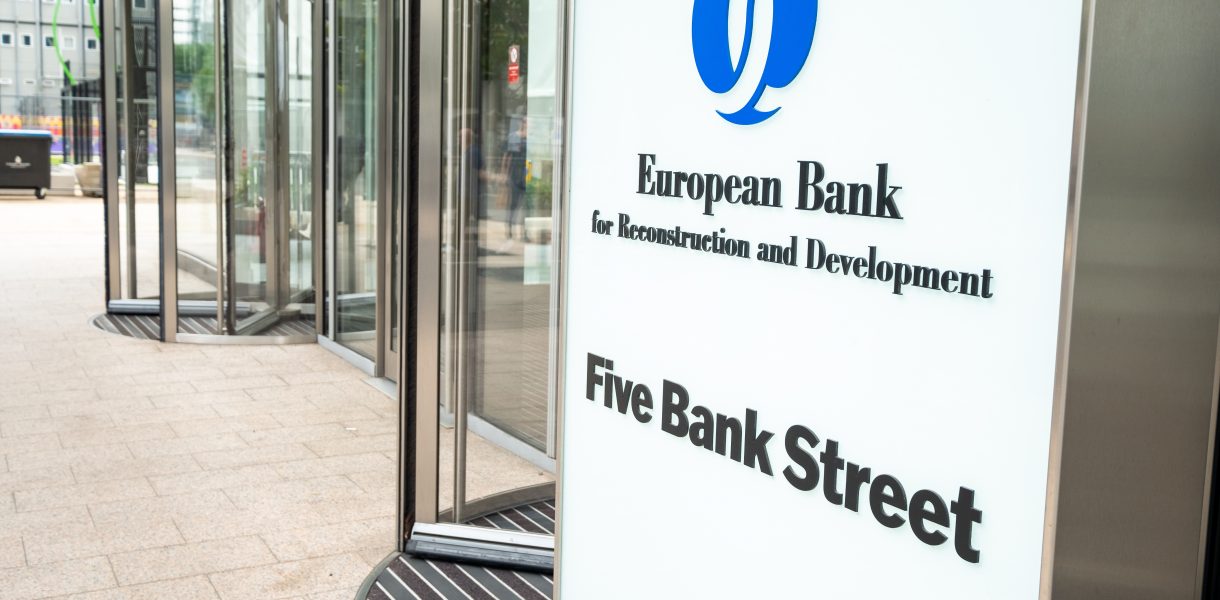13 May 2025
[Linden, VA] – A new report by Crude Accountability highlights the limits of the European Bank for Reconstruction and Development’s (EBRD) engagement with civil society in its most recent Azerbaijan Country Strategy consultations. It also raises questions about the EBRD’s commitment to green and sustainable investments, particularly in light of its role in financing Azerbaijan’s extractive industries.Using data analysis and policy research, “Crude Accountability’s Comments on the EBRD’s Azerbaijan Country Strategy for 2025-2030” provides an in-depth commentary on the Bank’s ambitious goals in the country while pointing to ongoing contradictions, including continued investment in fossil fuel infrastructure despite stated climate commitments. Further challenges to the Bank’s strategy implementation, analyzed in the report, include concerns over judicial independence and Azerbaijan’s shifting geopolitical role, which hinder sustainable and democratic development in the country.
A key shortcoming of the Country Strategy is the lack of transparent public engagement in drafting the strategy. While the EBRD touts its efforts to include comments from civil society organizations and experts in the Strategy, the consultation process has not been fully disclosed. Given the severe restrictions placed on independent media and nonprofit organizations in Azerbaijan by the authorities, meaningful public engagement requires greater effort than ever before.
As investors, businesses, and media gather in London, United Kingdom, for the Annual Meeting of the EBRD Board of Governors on 13-15 May 2025, in-person civil society participation was restricted. Registration for civil society groups closed weeks before the official deadline without warning, citing space limitations at the EBRD London Headquarters.
“As civic space shrinks around the world, including in Azerbaijan, and the climate crisis deepens, the EBRD has important decisions to make–will it honor its Article 1 commitments to multi-party democracy and pluralism, and will it stop investing in the fossil fuel sector? The current strategy highlights the conflicts inherent in investments in Azerbaijan in the current climate,” said Kate Watters, executive director of Crude Accountability.
The full report is available for download HERE.
For media inquiries, please contact:
kate@nullcrudeaccountability.org

